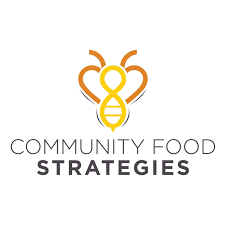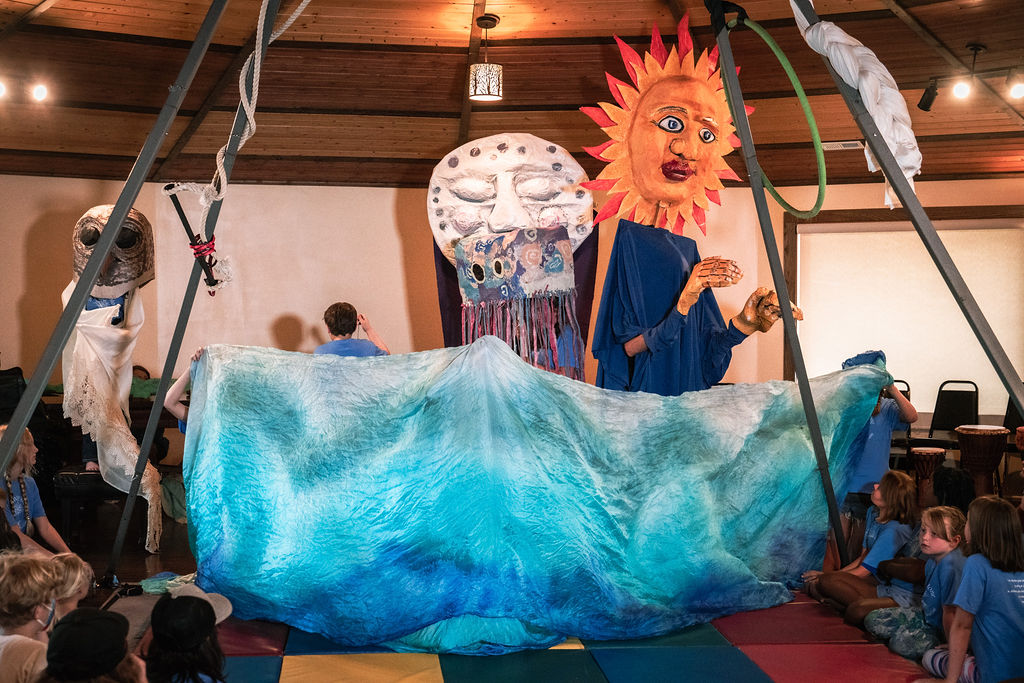
Building Racial Equity in Land, Food, and Health Systems
This training is led by Community Food Strategies and is geared toward community leaders, educators, and folks working in the food system. We will look at how racial inequity is perpetuated by institutional and structural systems and is normalized to the extent of being nearly invisible. Simultaneously, our country’s agricultural system has an unacknowledged debt to Black, Indigneous and people of color. Together, we will build understanding around historical and current impacts of structural racism on our food and agricultural systems.
Instructors will share best practices and challenges around engaging racial equity personally, institutionally and culturally. You will leave this training with greater awareness of our shared history, of our interconnected liberation and healing, and a greater capacity to address all forms of marginalization and undo food system inequities to the benefit of all.
Lunch is provided. Space is limited to 35 participants.
RSVP/Registration ends on Wednesday, February 8.
We will follow state regulations with COVID protocols and will keep participants informed before and after the event concerning any heightened risks, or protocol changes.
Instructors:
 LaShauna Austria is also the owner of Kindred Seedlings Farm, reclaiming land and food in Alamance County. LaShauna is a community organizer, farmer, and ordained faith leader with a fierce commitment to and deep experience in building strong, vibrant, and sustainable communities. Her extensive experience in leadership, management, and administrative roles with for-profit and nonprofit organizations has had her collaborate with rural communities, faith-based and secular organizations to address race, food justice and equity issues. She has devoted her current professional life to promoting racial equity and building better food systems for the residents of Alamance and surrounding areas.
LaShauna Austria is also the owner of Kindred Seedlings Farm, reclaiming land and food in Alamance County. LaShauna is a community organizer, farmer, and ordained faith leader with a fierce commitment to and deep experience in building strong, vibrant, and sustainable communities. Her extensive experience in leadership, management, and administrative roles with for-profit and nonprofit organizations has had her collaborate with rural communities, faith-based and secular organizations to address race, food justice and equity issues. She has devoted her current professional life to promoting racial equity and building better food systems for the residents of Alamance and surrounding areas.

Marcus Hill serves as the Board Chair for Island CultureZ in Winston-Salem, NC, having 10+ years experience with food policy councils and food system development efforts. Additionally, he serves on the board of the US Solidarity Economy Network, is an organizational member of the New Economy Coalition, and is a Joint Coordinator of the Intercontinental Network for the Promotion of Social & Solidarity Economy (RIPESS)). He is also the lead grassroots recruitment strategist for a national phase-3 Alzheimer’s prevention clinical trial.
 Gini Knight “With a passion for the land, the arts, and the deep South, I’m happy to bring creative and organizational energy to the cross section of agriculture, conservation, and community development. I have degrees in scientific illustration and conservation biology, started and operated an organic vegetable farm, managed several public and private sector teams developing stormwater and agricultural conservation practices, and currently work for the Center for Environmental Farming Systems on the Community Food Strategies initiative. I’m inspired by working collaboratively with passionate people for social change and to help farmers make a viable living.”
Gini Knight “With a passion for the land, the arts, and the deep South, I’m happy to bring creative and organizational energy to the cross section of agriculture, conservation, and community development. I have degrees in scientific illustration and conservation biology, started and operated an organic vegetable farm, managed several public and private sector teams developing stormwater and agricultural conservation practices, and currently work for the Center for Environmental Farming Systems on the Community Food Strategies initiative. I’m inspired by working collaboratively with passionate people for social change and to help farmers make a viable living.”

Hannah Bundy works in the realms of food systems, agricultural production, and community systems change work. Hannah worked on various farms for four years in Georgia before moving to western NC. She has worked with communities and organizations to understand and transform practices and systems to be in alignment with their values. Hannah is dedicated to the inner and interpersonal work that is required for food and land justice to take root in the collective and believes that the only way to create change is to do it together.




